Osaka: Prime Minister Narendra Modi and President Donald Trump on Friday “aired” their concerns over bilateral trade disputes and agreed to an early meeting of their commerce ministers to sort out the issues, a day after the US leader demanded withdrawal of the “very high” tariffs levied by India on American goods.
Though trade is an important part of the booming bilateral relationship, a row over market access and tariffs has escalated in recent months, leading to fears of a protracted dispute.
“I think we’re going to have some very big things to announce… A very big trade deal… We’re doing some very big things with India in terms of trade, in terms of manufacturing,” President Trump said at the start of the talks with PM Modi
“The talks with @POTUS were wide ranging. We discussed ways to leverage the power of technology, improve defence and security ties as well as issues relating to trade,” Prime Minister Modi tweeted after his meeting with Trump.
“India stands committed to further deepen economic and cultural relations with USA,” he said. Photographs tweeted by the Prime Minister’s Office showed the two leaders in conversation and exchanging a laugh.
Briefing reporters on the Modi-Trump meeting, Foreign Secretary Vijay Gokhale said the issue of trade was discussed by the two leaders. He also asserted that “no one issue is going to impact on the larger strategic relationship between India and United States.
“This is a relationship which is deep, which is broad, we have some issues, we will work through them but no one issue is going to, in any way, have any impact,” he said. On Wednesday, US Secretary of State Mike Pompeo, who was in New Delhi said that “great friends are bound to have disagreements”.
Leaders from the Group of 20 major economies on Friday expressed concern over an escalating trade war between the US and China, calling it a serious downside risk to the global economy, along with geopolitical tensions in the Middle East. On the first day of their two-day summit in Osaka, the world leaders assessed the status of the global economy while scepticism persists over whether they can jointly uphold the rules-based, multilateral trading system. Japanese Prime Minister Shinzo Abe, hosting the summit, faces the task of projecting a united G-20 front despite disagreements over contentious issues such as trade and climate change.


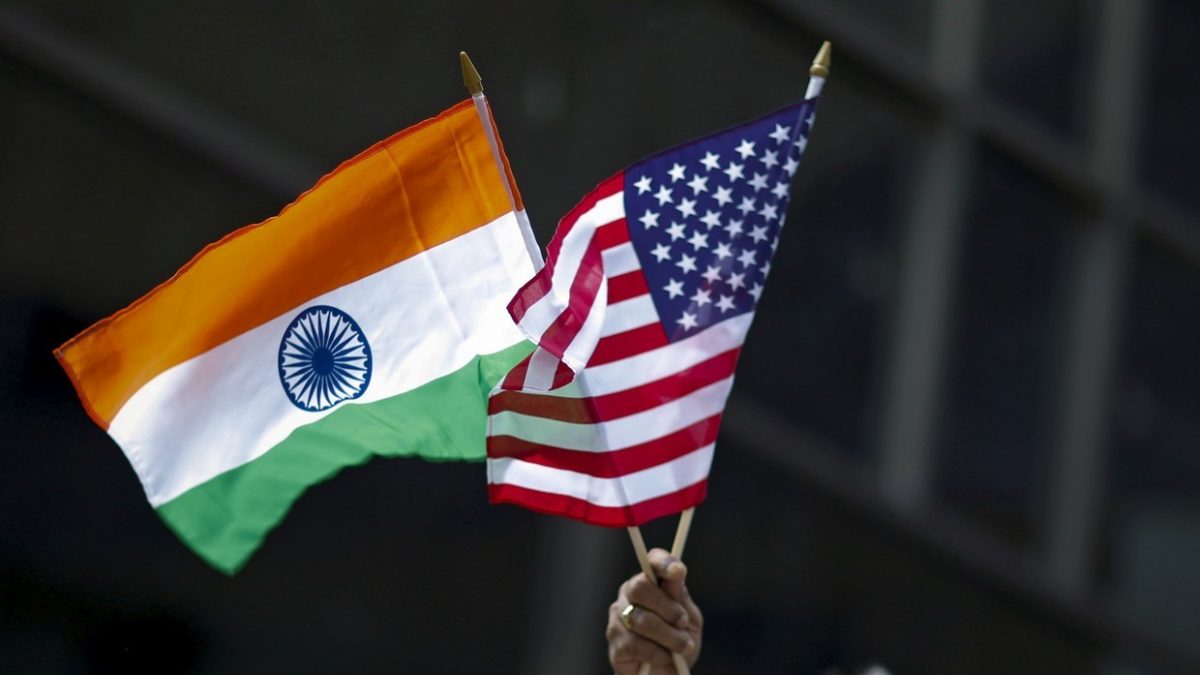




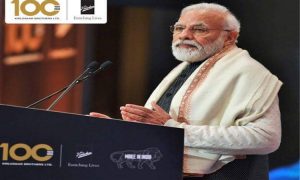

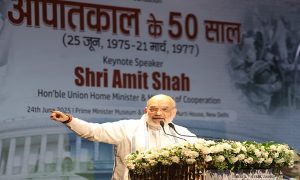

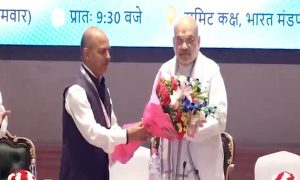

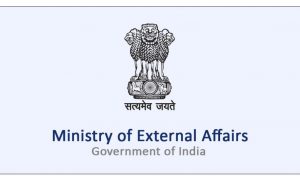

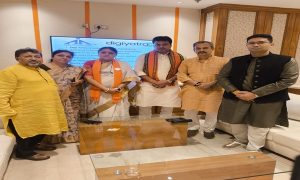











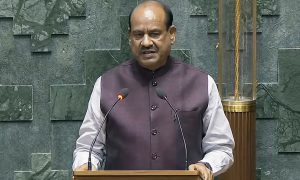

 WhatsApp us
WhatsApp us